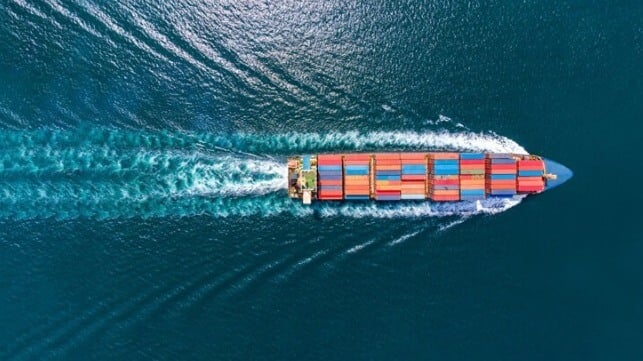U.S. Regulators Begin Investigation into Practices of Flags of Convenience

Long one of the major concerns of the shipping industry, which was heightened by the growth of the shadow fleet, the Federal Maritime Commission announced that it is commencing an investigation into the practices of the so-called “flags of convenience” and the unfavorable business conditions that they create. The FMC reports it is concerned about the conditions created by the wide and uneven range of foreign vessel flagging laws, regulations, and practices, saying they could be creating unfavorable conditions in the foreign trade of the United States.
In a detailed presentation of the issue to be released in the Federal Register on May 22, National Maritime Day, the FMC highlights that some foreign countries have engaged in a “race to the bottom,” lowering standards and easing compliance requirements to gain a potential competitive edge in attracting ships to their registry. It believes that some nations are competing to lower the cost of registering and flagging vessels “beyond the point where they can ensure the efficiency, reliability, and safety of vessels.”
“By offering to register and flag vessels with little or no oversight or regulation, countries may compete against one another to gain revenue from the associated fees and to minimize the expenses associated with inspecting vessels and ensuring compliance with appropriate maintenance and safety requirements,” writes the FMC.
It further calls out the approach of the International Maritime Organization (IMO) in addressing the issue. The FMC contends that the IMO’s approach “has not brought about meaningful change nor deterrence to what is clearly a growing problem.”
The FMC says that patchwork policies and uneven compliance have proven ineffective and that “naming and shaming countries” does not prevent the practices. Instead, it says it leads to further concealment of illicit activities.
They are also highlighting the lack of standard definitions for terms used in the industry. It points to “flag of convenience, open registry, fraudulent registry, and shadow/dark fleet,” saying the inconsistent interpretations make it more difficult to enforce rules.
As the first step in its process, the FMC will open a 90-day comment period seeking input from all sectors of the shipping industry on the issues. It says that its current goal is to encourage comments from all interested parties.
The effort will also look to identify best practices that contribute to response and safe operations. It acknowledges that many foreign nations take great care in creating standards and have introduced steps to ease the process and cost of compliance.
It looks to obtain specific examples of responsible and unfavorable flagging laws. It also asks for comments on practices by owners and operators that undermine the efficiency and reliability of international ocean shipping.
The FMC asserts in starting this process, which it calls a “nonadjudicatory investigation,” that it has statutory authority to look at foreign governmental actions that are detrimental to third-flag carriers and can also create conditions unfavorable to shipping in U.S. foreign trade.
